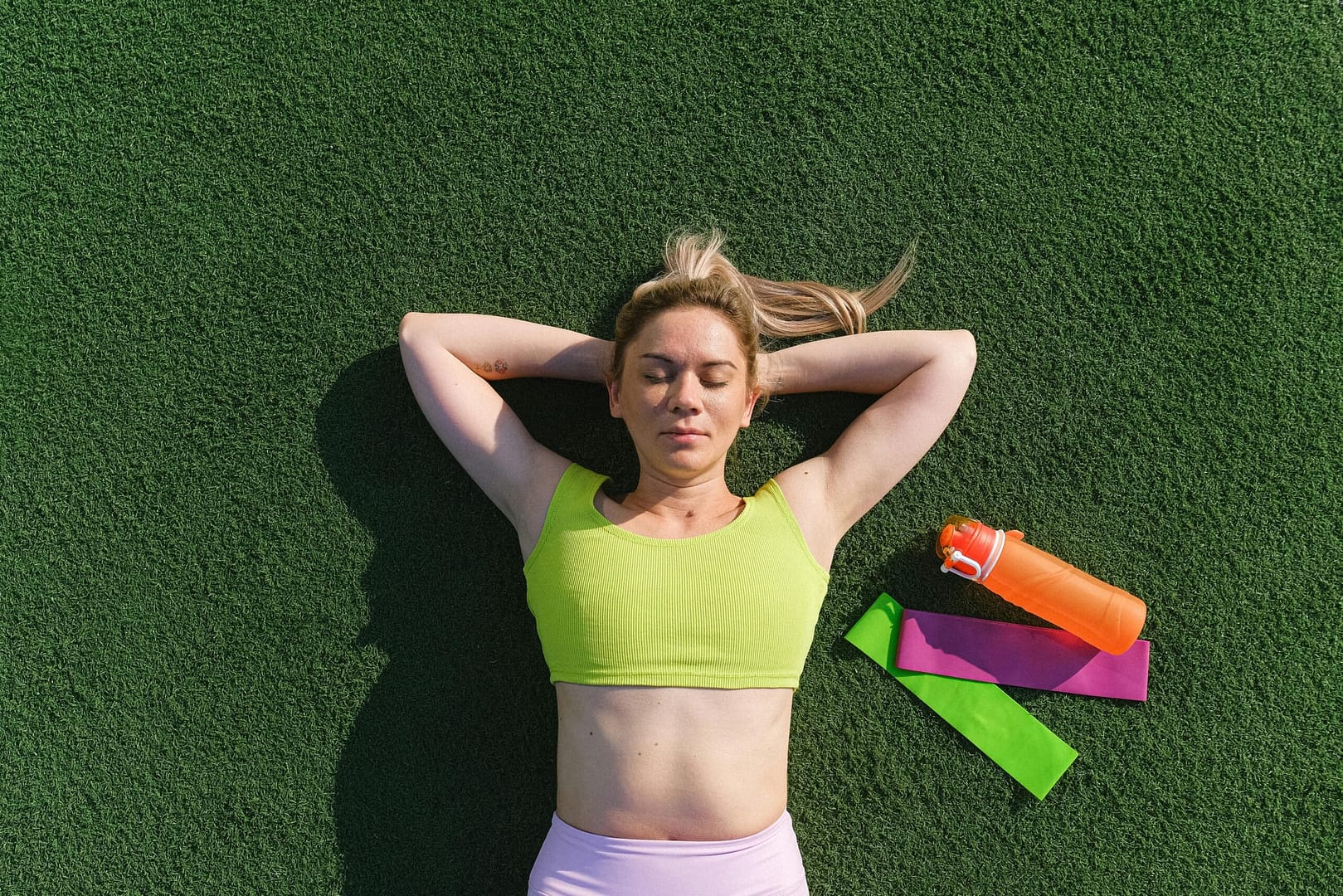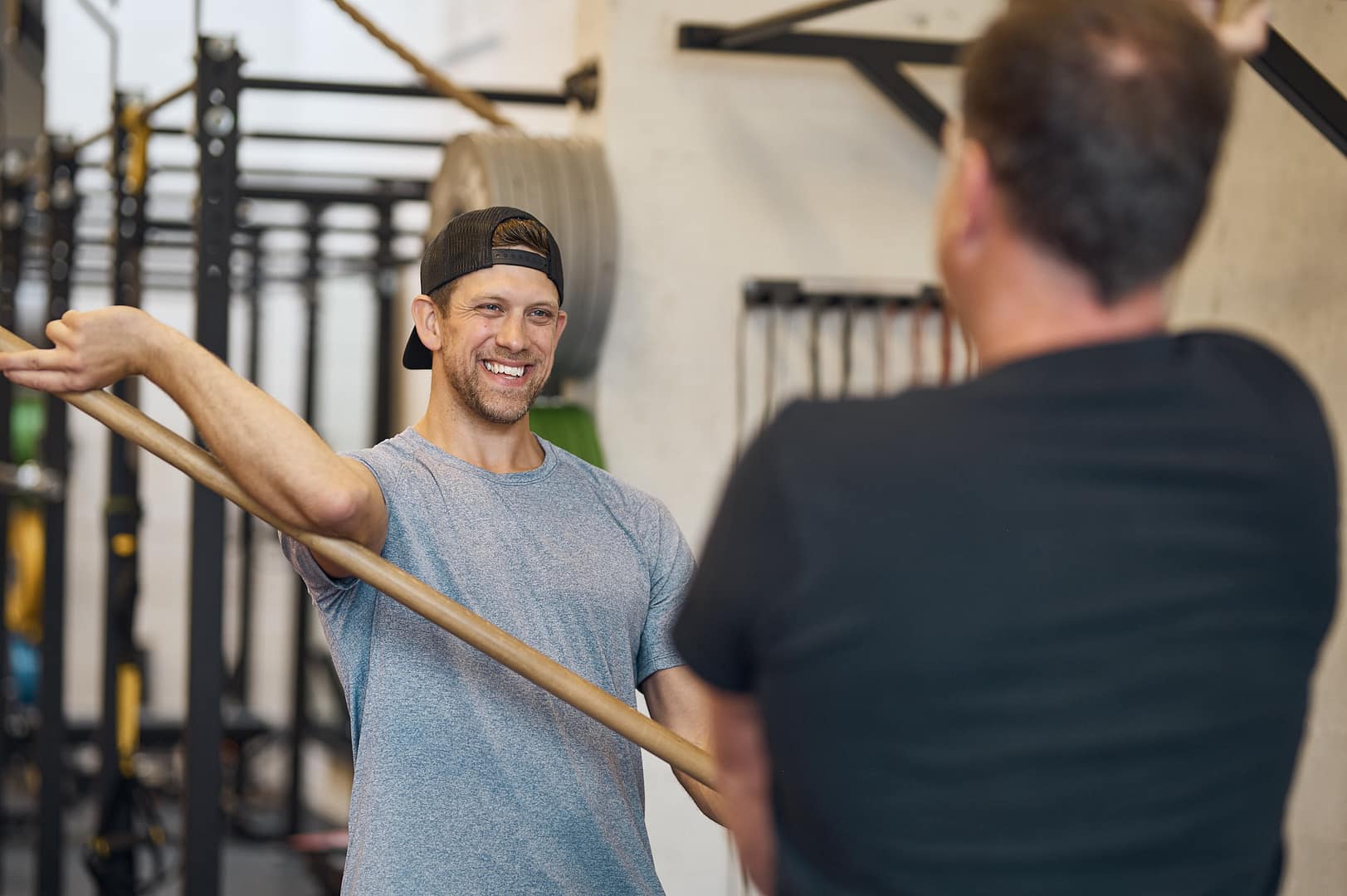Intro
When we think about fitness, we often focus on workouts, nutrition, and supplements. However, there’s a crucial element that often gets overlooked: sleep. Yes, that blissful state we enter every night (hopefully) is as essential to your fitness journey as the dumbbells you lift or the miles you run. Let’s dive into why sleep is your secret weapon in achieving fitness goals.
Why Sleep is a Fitness Game Changer
It’s no secret that sleep is vital for our overall health, but its impact on fitness is particularly profound. Research shows that lack of sleep can lead to decreased motivation, increased fatigue, and even cravings for unhealthy food (Walker, 2017). Imagine trying to stick to your fitness regimen when you’re tired, unmotivated, and craving pizza at 10 PM. Not the best scenario, right?
Sleep and Muscle Recovery
Muscle growth and recovery predominantly happen during sleep, specifically during deep sleep stages. Growth hormone, essential for muscle repair and growth, is released during these stages (Takahashi et al., 1968). If you’re skimping on sleep, you’re also skimping on muscle recovery. That’s like trying to build a house without giving the cement time to dry.
Sleep and Performance
Did you know that even one night of poor rest can impair your physical performance? A study by Mah et al. (2011) found that basketball players who increased their sleep duration showed significant improvements in speed, accuracy, and reaction times. So, if you’re wondering why you’re not hitting your personal bests, maybe check your sleep schedule.
Sleep and Weight Management
Sleep plays a crucial role in weight management, which is a critical component of fitness for many. Lack of sleep can disrupt hormonal balance, leading to increased hunger and appetite (Spiegel et al., 2004). This can make it harder to maintain or lose weight, no matter how diligently you’re counting calories or macros.
So, How Much Sleep Do You Need?
Now that we know the ‘why’, let’s talk about the ‘how much’ when it comes to rest. The National Sleep Foundation recommends 7-9 hours of sleep per night for adults (Hirshkowitz et al., 2015). However, if you’re actively engaged in intense training, you might need even more. Listen to your body – it’s the best indicator of whether you’re getting enough rest.
Tips for Better Sleep
- Create a Sleep-Inducing Environment: Make sure your bedroom is cool, dark, and quiet. Consider using blackout curtains, earplugs, or white noise machines.
- Establish a Pre-Sleep Routine: Wind down for 30 minutes before bed with relaxing activities like reading or meditation.
- Be Consistent with Sleep Timing: Try to go to bed and wake up at the same time every day, even on weekends.
- Watch Your Diet and Exercise: Avoid heavy meals, caffeine, and alcohol before bed. Regular exercise can promote better sleep, but try not to exercise too close to bedtime.
Conclusion
It’s not just about the hours you spend in the gym but also about the quality of rest you get afterward. By prioritizing sleep, you’re setting yourself up for better performance, more effective muscle recovery, and overall improved health. So tonight, when you hit the pillow, remember that you’re not just sleeping – you’re building a fitter, healthier you. Need extra assistance with creating healthy habits? Work with one of our expert Trainers to develop a workout program and routine that helps you achieve your goals.
References
- Walker, M. (2017). Why We Sleep: Unlocking the Power of Sleep and Dreams. Scribner.
- Takahashi, Y., et al. (1968). Growth Hormone Secretion During Sleep. Journal of Clinical Investigation.
- Mah, C. D., et al. (2011). The Effects of Sleep Extension on the Athletic Performance of Collegiate Basketball Players. Sleep.
- Spiegel, K., et al. (2004). Sleep Curtailment in Healthy Young Men is Associated with Decreased Leptin Levels, Elevated Ghrelin Levels, and Increased Hunger and Appetite. Annals of Internal Medicine.
- Hirshkowitz, M., et al. (2015). National Sleep Foundation’s Sleep Time Duration Recommendations: Methodology and Results Summary. Sleep Health.
- https://www.sleepfoundation.org/physical-activity/athletic-performance-and-sleep




